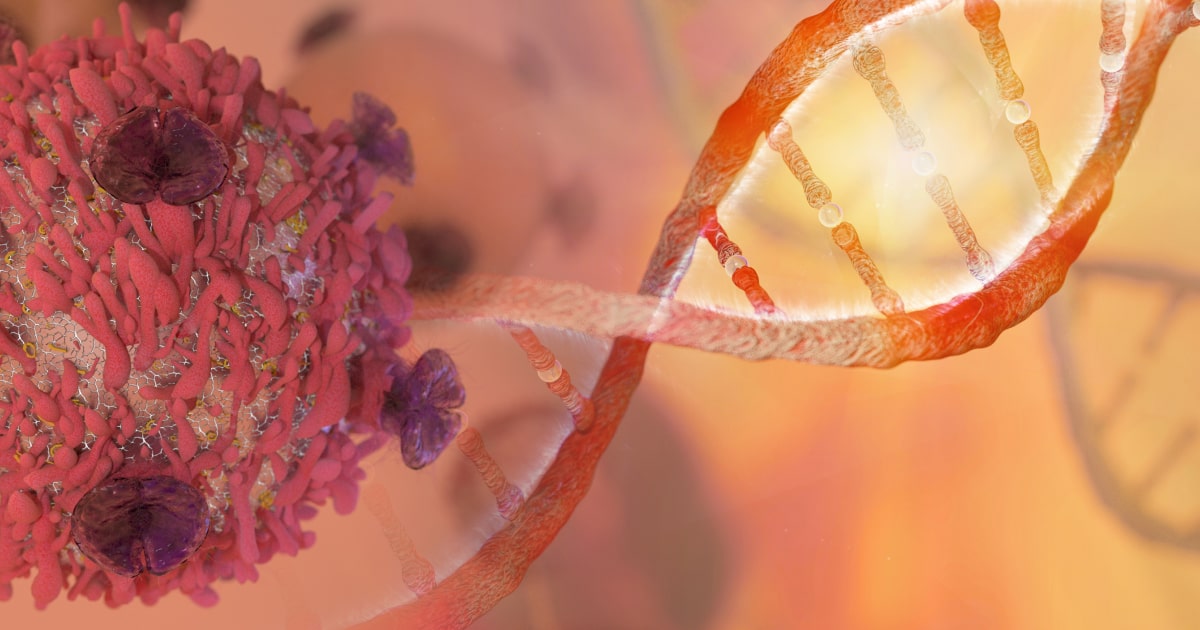
Expert Reviewed By: Dr. Brandon Colby MD
Distal muscle weakness is a condition that affects the muscles in the outermost parts of the limbs, such as the hands and feet. This can lead to a range of symptoms, including difficulty in movement, muscle atrophy, and even scoliosis. In recent years, researchers have made significant progress in understanding the genetic basis of distal muscle weakness, which has opened the door to more accurate diagnosis and the potential for targeted treatment. This article will explore the latest findings on the genetics of distal muscle weakness, as well as the benefits of genetic testing for those affected by this condition.
Unraveling the Genetic Mysteries of Distal Muscle Weakness
Several studies have identified specific genetic mutations that can lead to distal muscle weakness. These include:
1. Recessive PIEZO2 Mutation
In a study published in the Journal of Human Genetics, researchers identified a recessive mutation in the PIEZO2 gene that causes distal arthrogryposis, muscle weakness, scoliosis, and proprioception defects. This discovery has provided valuable insights into the genetic basis of distal muscle weakness and has the potential to improve diagnostic accuracy and treatment options for those affected.
2. p.S85C MATR3 Variant
An Italian patient with a composite phenotype of vocal cord and pharyngeal weakness, distal myopathy, and sensorimotor polyneuropathy was found to have a p.S85C MATR3 variant, as described in an article published in Neurology: Genetics. This finding expands the phenotypic spectrum of MATR3-related diseases and highlights the importance of considering genetic testing in cases of unexplained distal muscle weakness.
3. Novel MPZ Mutation
A novel mutation in the MPZ gene (p.Pro133Leu) was identified as the cause of early-onset, slow-progressive Charcot-Marie-Tooth disease in a Russian family, as reported in a case study. This discovery contributes to the growing body of knowledge about the genetic basis of distal muscle weakness and related conditions.
Genetic Testing: A Powerful Tool for Diagnosis and Treatment
Genetic testing can play a crucial role in the diagnosis and management of distal muscle weakness. Some of the key benefits of genetic testing for this condition include:
1. Accurate Diagnosis
Identifying the specific genetic mutation responsible for distal muscle weakness can help healthcare providers make a more accurate diagnosis, which is essential for determining the most appropriate treatment options. Genetic testing can also help differentiate distal muscle weakness from other similar conditions, such as neuropathies or myopathies.
2. Family Planning and Prenatal Testing
For individuals with a family history of distal muscle weakness, genetic testing can provide valuable information about the risk of passing the condition on to their children. This information can be used to make informed decisions about family planning and prenatal testing, potentially preventing the transmission of the condition to future generations.
3. Targeted Treatment and Management
As researchers continue to uncover the genetic basis of distal muscle weakness, new targeted treatments and management strategies may become available. By identifying the specific genetic mutation responsible for an individual's condition, healthcare providers can develop personalized treatment plans that address the underlying cause of the disease, potentially improving outcomes and quality of life for those affected.
Conclusion
As our understanding of the genetics of distal muscle weakness continues to grow, so too does the potential for more accurate diagnosis and targeted treatment. Genetic testing is a powerful tool that can help healthcare providers and patients navigate the complex landscape of this condition, ultimately leading to better outcomes and improved quality of life for those affected.
About The Expert Reviewer
Dr. Brandon Colby MD is a US physician specializing in the personalized prevention of disease through the use of genomic technologies. He’s an expert in genetic testing, genetic analysis, and precision medicine. Dr. Colby is also the Founder of and the author of Outsmart Your Genes.
Dr. Colby holds an MD from the Mount Sinai School of Medicine, an MBA from Stanford University’s Graduate School of Business, and a degree in Genetics with Honors from the University of Michigan. He is an Affiliate Specialist of the American College of Medical Genetics and Genomics (ACMG), an Associate of the American College of Preventive Medicine (ACPM), and a member of the National Society of Genetic Counselors (NSGC)